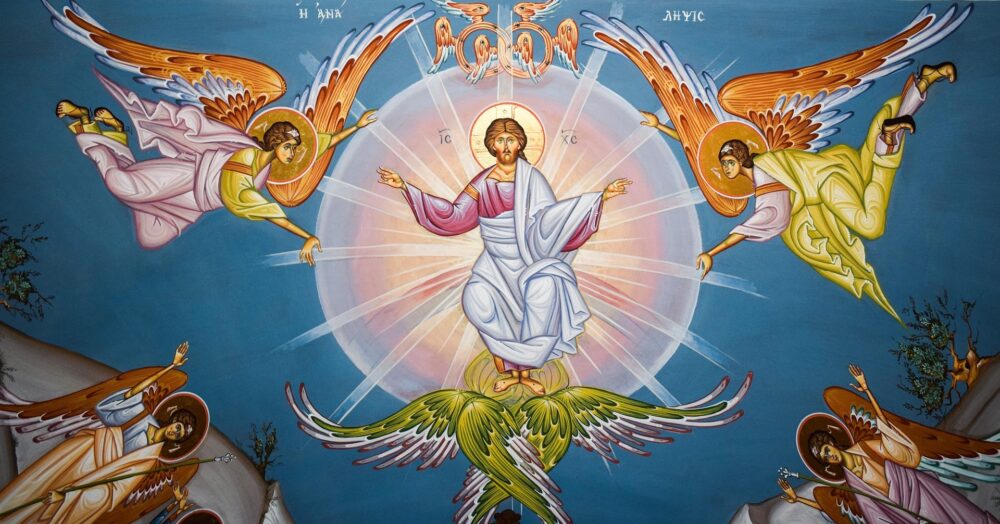Now a man of the house of Levi married a Levite woman, and she became pregnant and gave birth to a son. When she saw that he was a fine child, she hid him for three months. But when she could hide him no longer, she got a papyrus basket for him and coated it with tar and pitch. Then she placed the child in it and put it among the reeds along the bank of the Nile. His sister stood at a distance to see what would happen to him. Then Pharaoh’s daughter went down to the Nile to bathe, and her attendants were walking along the riverbank. She saw the basket among the reeds and sent her female slave to get it. She opened it and saw the baby. He was crying, and she felt sorry for him. “This is one of the Hebrew babies,” she said. Then his sister asked Pharaoh’s daughter, “Shall I go and get one of the Hebrew women to nurse the baby for you?” “Yes, go,” she answered. And the girl went and got the baby’s mother. Pharaoh’s daughter said to her, “Take this baby and nurse him for me, and I will pay you.” So the woman took the baby and nursed him. When the child grew older, she took him to Pharaoh’s daughter and he became her son. She named him Moses, saying, “I drew him out of the water.” One day, after Moses had grown up, he went out to where his own people were and watched them at their hard labor. He saw an Egyptian beating a Hebrew, one of his own people. Glancing this way and that and seeing no one, he killed the Egyptian and hid him in the sand. The next day he went out and saw two Hebrews fighting. He asked the one in the wrong, “Why are you hitting your fellow Hebrew?” The man said, “Who made you ruler and judge over us? Are you thinking of killing me as you killed the Egyptian?” Then Moses was afraid and thought, “What I did must have become known.” When Pharaoh heard of this, he tried to kill Moses, but Moses fled from Pharaoh and went to live in Midian, where he sat down by a well.
Exodus 2:1-15 (TNIV)
On Wednesday we looked at God’s providence and sovereignty. Here we see another example of both from Exodus. Joseph has died and has long been forgotten by the later pharaohs. They begin to persecute the Israelites because the latter have become prosperous and pharaoh eventually orders that all Israelite baby boys be killed. Had we been an Israelite living under pharaoh’s harsh rule, surely we would have been tempted to wonder where God was in all this. We would wonder that because we cannot see the whole of God’s canvas of life; we can only see our tiny portion of it.
But in today’s lesson we see God’s hand at work again. Moses, the man (and murderer) who would lead God’s people out of Egypt under God’s care and guidance, is providentially spared, by pharaoh’s daughter no less! Who says God does not have a sense of humor?!
As an adult, Moses kills an Egyptian and is forced to flee Egypt to escape pharaoh’s wrath. Once again, it is not unreasonable to believe that Moses became discouraged during his years of exile. Like us, he probably got discouraged, at least on occasion, because he (like us) could not see the Big Picture the way God does.
But the glorious news of the biblical narrative is that we have a God who saves us and redeems us. As God delivered Moses from pharaoh and his people from their bondage in Egypt, so God will deliver his people from their bondage to sin and the permanent alienation from him that our sin causes. In other words, God has promised to end our exile from him and has done so by taking on our flesh and bearing the just punishment for our sins himself. The cross of Jesus Christ is God’s eternal reminder that his promise to end our exile from him has been accomplished and will be ultimately fulfilled when our Lord returns in power and glory to finish his redemptive work. During this season of Lent, think about God’s hope and promise and be strengthened by it.
